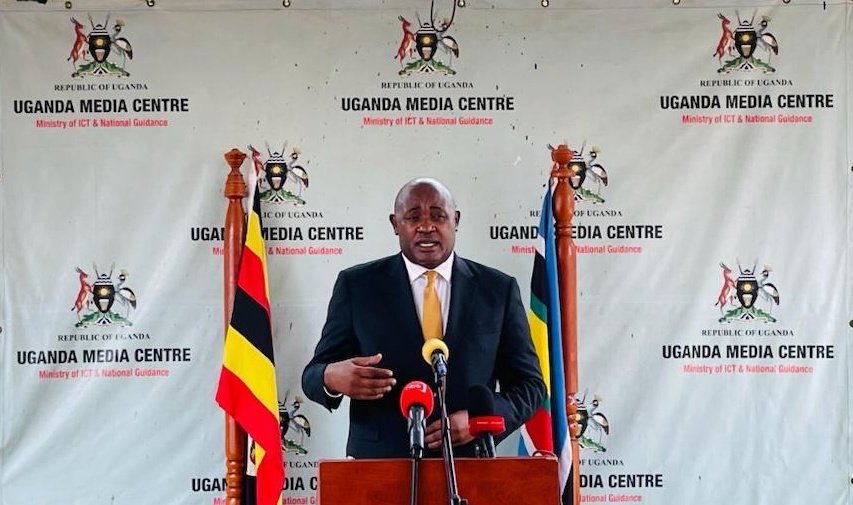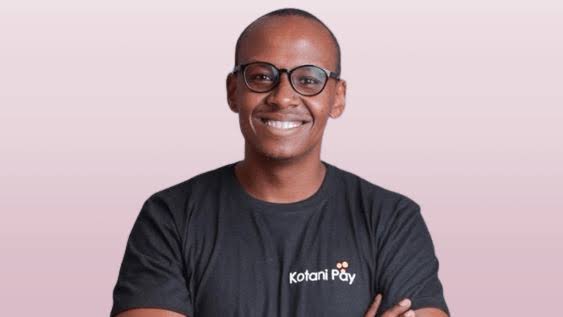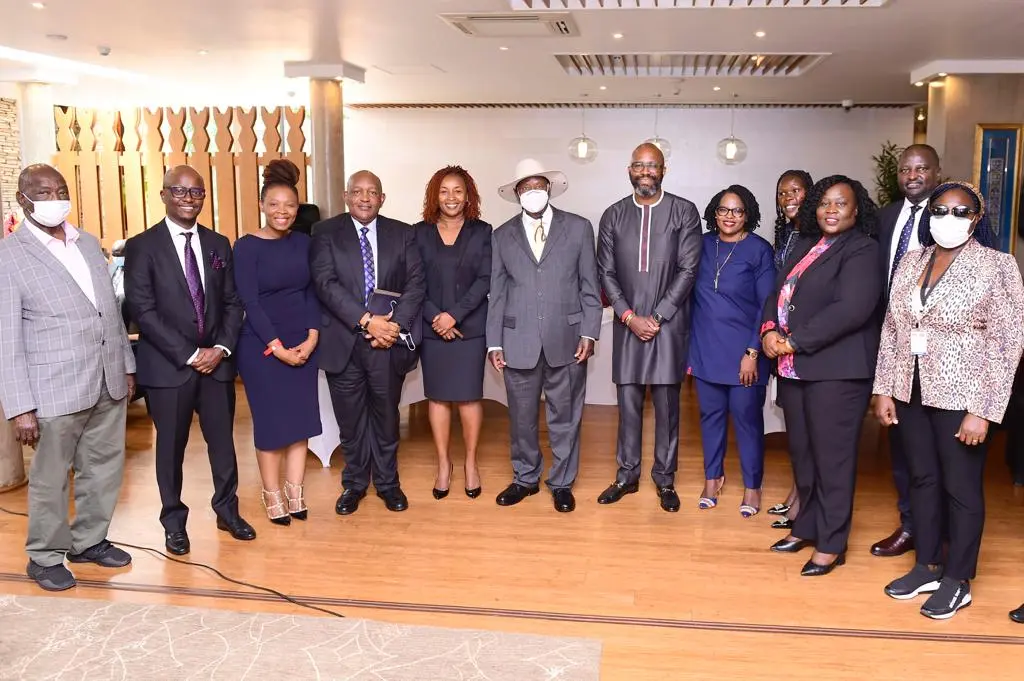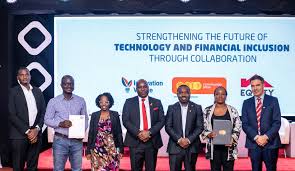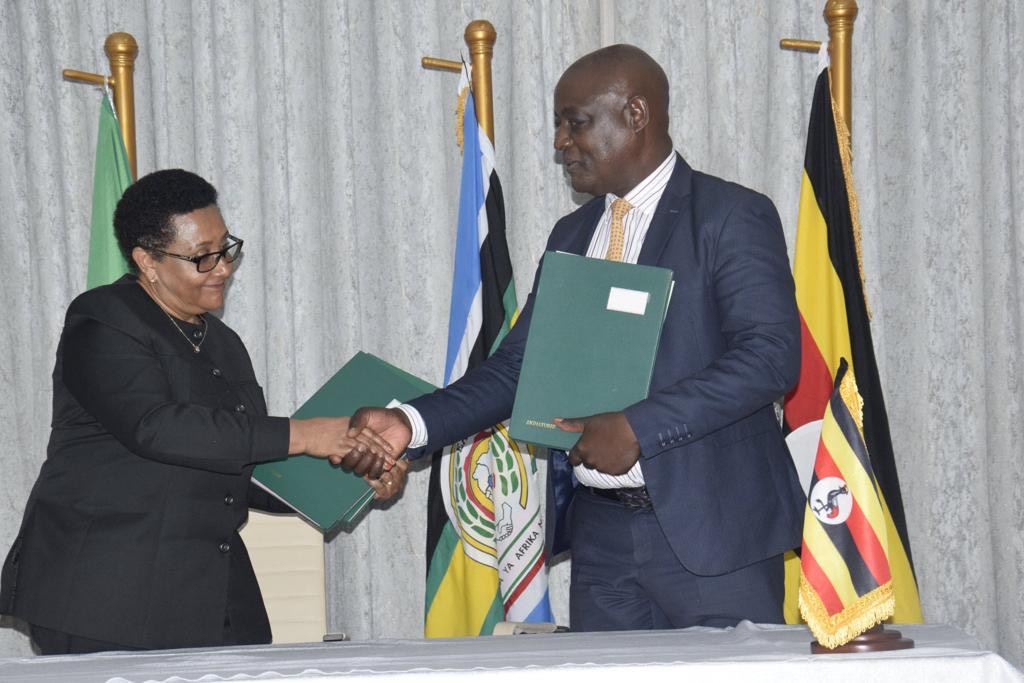Uganda on Monday lifted restrictions on Facebook, after three agonising years for entrepreneurs who have struggled to leverage the social media platform’s ad tools to reach their target market.
The ban was initially imposed in 2021 after Facebook blocked accounts linked to the ruling National Resistance Movement (NRM), leading to widespread economic hardship among entrepreneurs heavily reliant on the platform to advertise their products and services.
Read also: Order on WhatsApp with Ubuy: a new way to shop across borders
Impact on entrepreneurs
Emmanuel Emodek, founder of Chap Chap, emphasised that the ban severely limited innovation and customer engagement opportunities.
In a recent statement reported by New Vision, Jane Nalubega, a local entrepreneur, expressed, “We are not just asking for Facebook to be unblocked; we are fighting for our livelihoods,” said Jane Nalubega, a local entrepreneur in Nakawa market. She also runs an online business that has shrunk by 70 per cent since the ban. “We urge the government to reconsider its stance and recognise the critical role Facebook plays in our economic survival.”
With over 2.7 million users in Uganda, Facebook is essential for reaching customers and boosting sales, especially for small businesses.
Dr Chris Baryomunsi, Uganda’s Minister for ICT and National Guidance, confirmed that discussions with Facebook were underway to restore access. He acknowledged social media’s significant role in economic activities and youth employment.
Prime Minister Robinah Nabanja emphasised Uganda’s youth’s creative potential, noting that their talents could ease the burden on government job creation efforts.
Read also: Uganda’s KaFresh lands investment to extend shelf life of produce without refrigeration
Looking ahead: Economic opportunities unlocked
The government’s decision to reconsider the ban reflects a growing recognition of the importance of the digital economy.
Aminah Zawedde, permanent secretary for the Ministry of ICT, noted that youth unemployment remains a pressing concern, with about 30 percent of young people seeking better job opportunities.
Lifting the Facebook ban could support entrepreneurs and contribute to broader economic recovery.
As Uganda prepares to reintegrate Facebook, many hope it will boost businesses and foster innovation in a country rich in talent and creativity.


